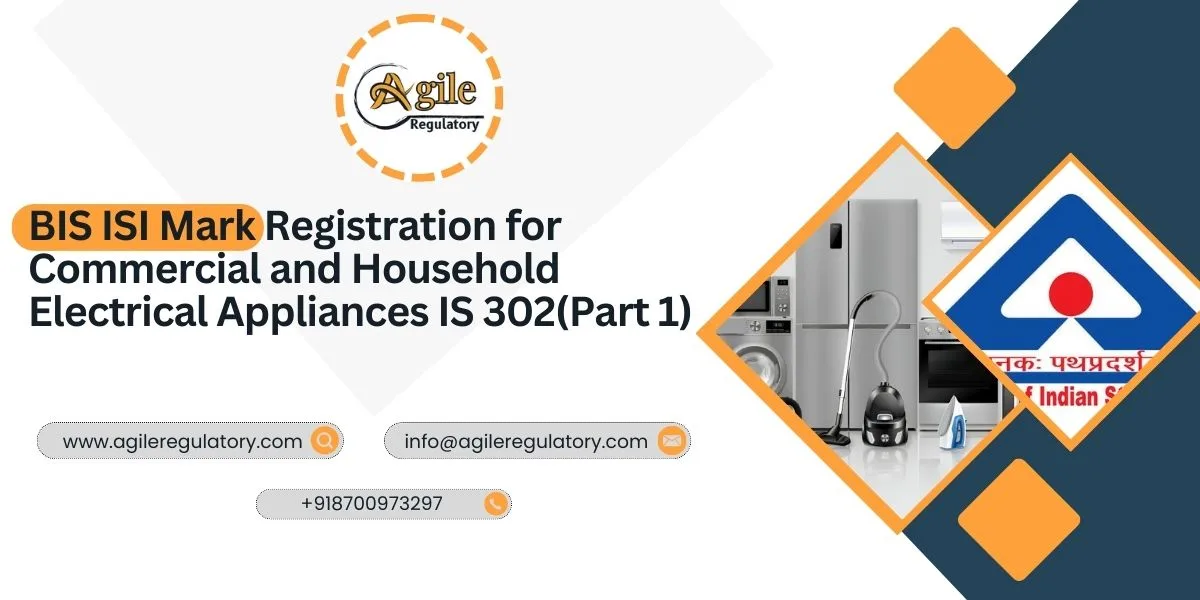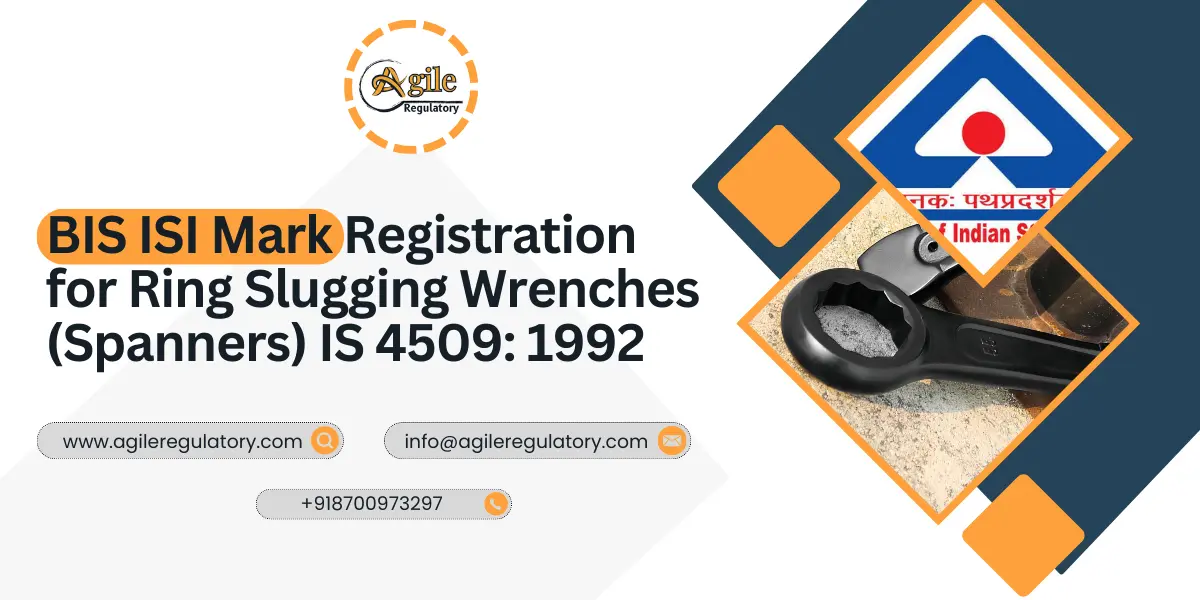
Get Instant Solution By an Expert Advisor
(4.8)


In India, the construction sector is essential to the development and expansion of the economy. Cement is the main material used in every construction project, whether for residential, public, industrial, or commercial buildings. To ensure the quality and safety of cement material in the market, the Bureau of Indian Standards (BIS) has introduced the ISI Mark Certification. We will delve into the importance of BIS ISI Mark Certification for Ordinary Portland Cement (OPC) IS 269:2015 in India.
The process of getting a BIS certification for Ordinary Portland Cement IS 269:2015 products from the Bureau of Indian Standards (BIS) ensures its quality, safety, and maintenance to certain Indian Standards (IS). In order to safety the interests of customers and promote public healthcare, BIS is a national standards authority in India. It sets standards and quality for a range of goods and services.
For good reason, cement is frequently described as the backbone of the Indian building sector. In concrete, which is used to build buildings, bridges, roads, dams, flyovers, and other structures, it has a main role as a binding agent. Ordinary Portland Cement IS 269:2015, commonly known as OPC, is the most widely used type of cement in India.
Step 1: Determine Applicable Standard: Identify the relevant Indian Standard (IS) code for the type of cement you want to certify. BIS has set standards for cement. The specific IS code will determine the quality parameters the soda needs to meet.
Step 2: Preparation and Testing: Collect samples of the cement you want to certify according to the sampling and testing procedures outlined in the chosen IS code. The sample should represent the product you intend to certify. Conduct the testing for various parameters such as chemical, physical, and microbiological characteristics.
Step 3: Select a BIS-Recognised Laboratory: The testing of cement samples should be conducted by a BIS-recognised laboratory. Ensure that the laboratory is accredited and authorised to conduct the required tests as per the BIS guidelines.
Step 4: Documentation: Prepare the necessary documentation, including the application form for BIS certification. This form can be generated from the BIS website or their regional offices. The application should be accompanied by the test reports from the BIS laboratory.
Step 5: Submission: Submit the completed application form, test reports, and government fees to the nearest BIS regional office or BIS portal.
Step 6: Factory Inspection: BIS may conduct an inspection of your manufacturing facility to ensure that the production processes of the product align with the prescribed standards.
Step 7: Evaluation: BIS will evaluate the test reports and other documentation provided. If the cement meets the required standards, BIS will grant the certification.
Step 8: Certification Issuance: Once the evaluation is successful, BIS will issue the certification for your product. That certificate will indicate that your product conforms and qualifies to the relevant BIS standard.
Step 9: Marking: You will be authorised to use the BIS Standard Mark on your certified product's packaging as per the guidelines provided by BIS. This mark signifies that your product has been certified by BIS.
In India, the construction industry is booming, and ensuring the quality and safety of construction materials is too much importance. BIS ISI Mark Certification for Ordinary Portland Cement is a significant step in this direction. It guarantees that the cement products meet the highest quality standards, builds confidence in consumers, and contributes to the overall growth and development of the construction sector.


 Nishi Chawla
Nishi Chawla
05 Dec, 2025

 Nishi Chawla
Nishi Chawla
04 Dec, 2025

 Nishi Chawla
Nishi Chawla
04 Dec, 2025

 Nishi Chawla
Nishi Chawla
03 Dec, 2025

Get Instant Solution By an Expert Advisor
(4.8)
We simplify compliance through a proven 4-step process: Consultation, Documentation, Submission, and certification. From understanding requirements to getting final approvals, we deliver a smooth, timely, and fully compliant journey for your business.
What our customer says about us
Fantastic support from the team. Their expertise transformed our approach, driving remarkable outcomes. A must-have partner for businesses seeking effective consulting solutions. Highly recommended.

KTPL Instruments
Agile Regualtory delivers exceptional solutions. Their insightful guidance streamlined our processes and boosted profitability. Highly recommended for businesses seeking expert consulting services to thrive.

Justrack IOT
Impressed by Agile Regulatory's expertise. Their strategic insights and practical solutions have elevated our business operations. A reliable partner for effective consulting services. Highly recommended for growth-focused businesses.

Coaire Compressor
Extraordinary consulting services. Their insightful solutions and dedicated team reshaped our business, driving remarkable improvements. Highly recommend it for transformative results.

Easy Polymer
Incredible experience with Agile Regulatory. Their innovative strategies and expert advice revitalized our business model, resulting in impressive growth. Highly recommend their exceptional consulting services.

Tarus International
Top-tier consulting! offered strategic solutions that revolutionized our approach. Their deep expertise and personalized guidance made a significant impact on our success. Highly recommend their services.

Anchor Weighing
Agile Regulatory exceeded expectations! Their tailored solutions, expertise, and proactive approach led to remarkable results. Highly recommend for businesses seeking impactful and strategic guidance.

AM Capacitor
Outstanding service! delivered targeted solutions with professionalism and expertise. Their insights elevated our business strategies, resulting in noticeable growth. Highly recommended for exceptional consultation.

Imaxx Pro Aquistic
Leave a Reply
Your email address will not be published. Required fields are marked *